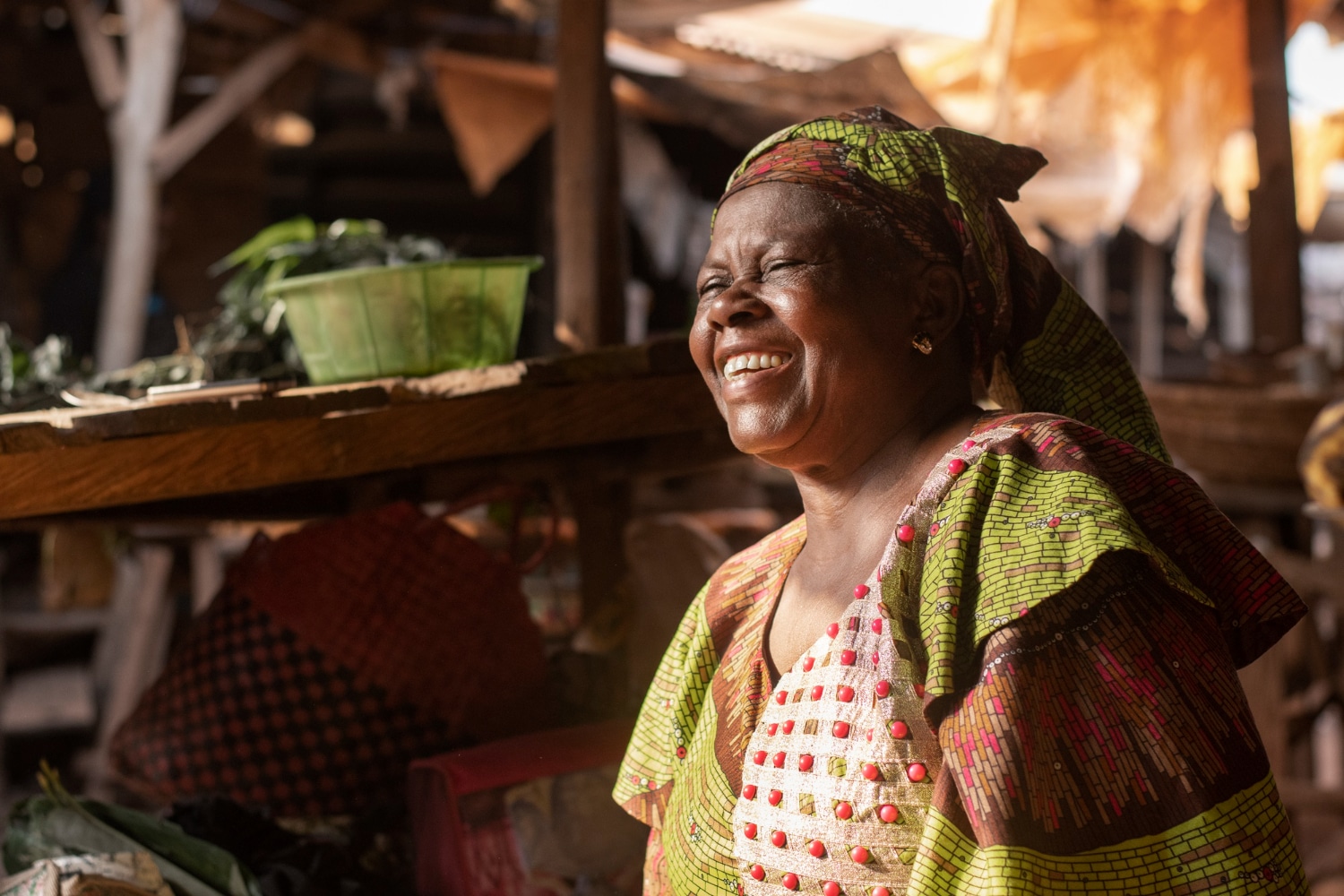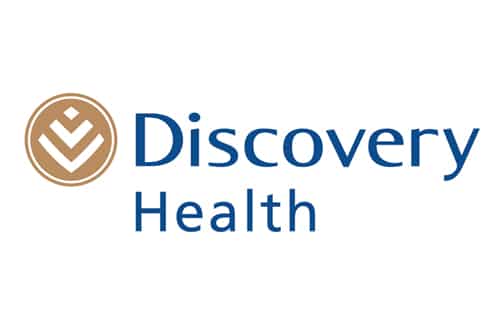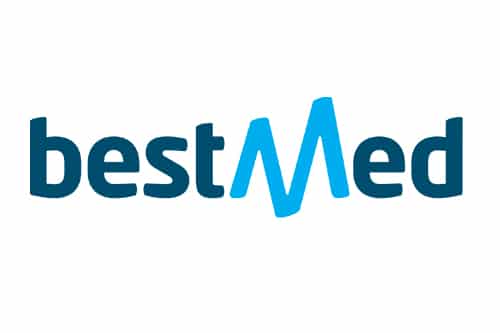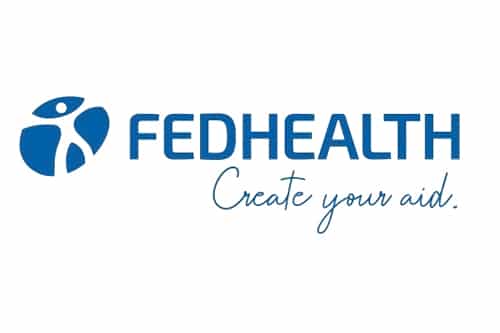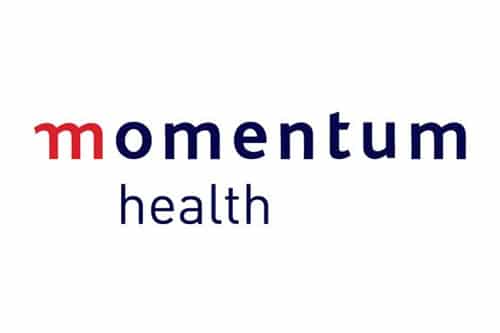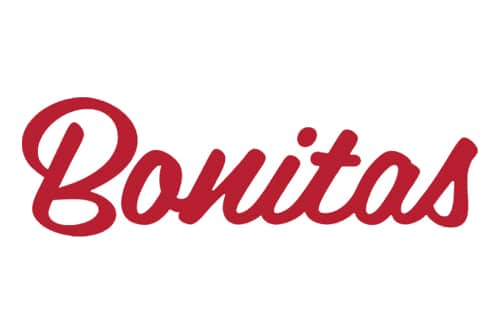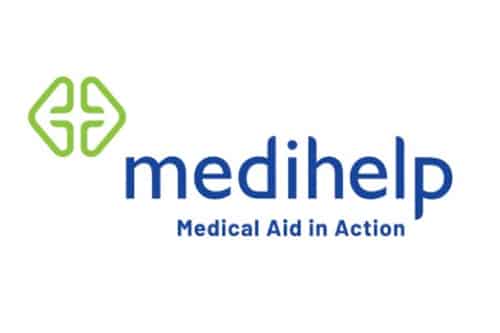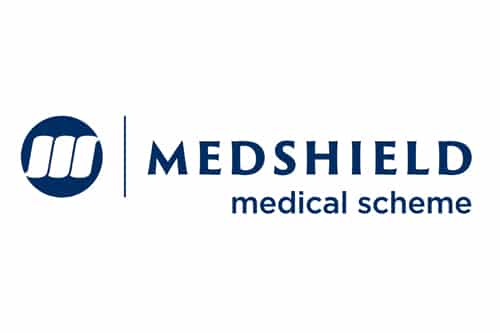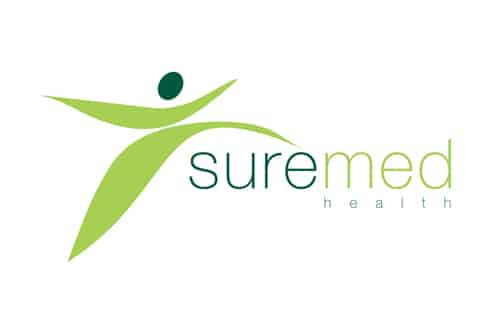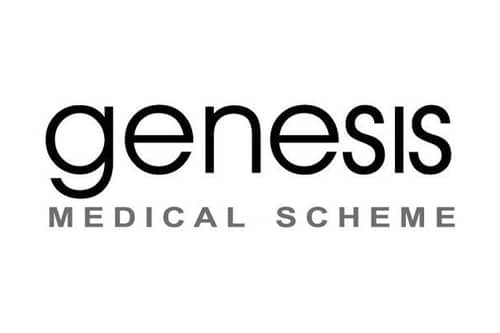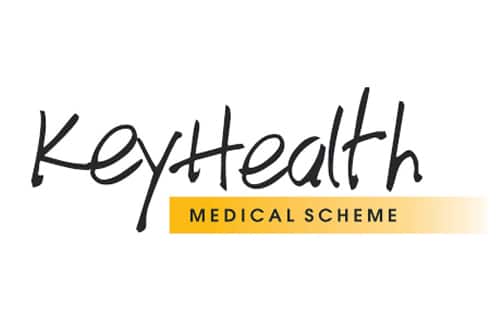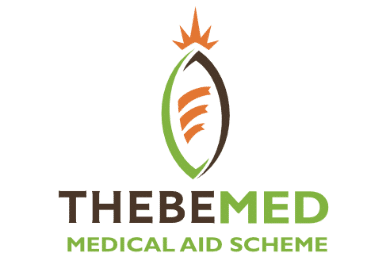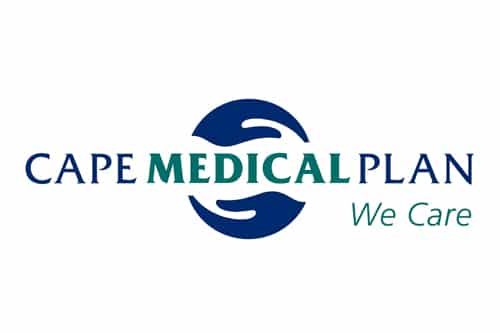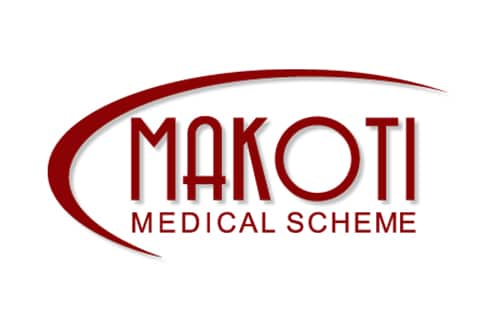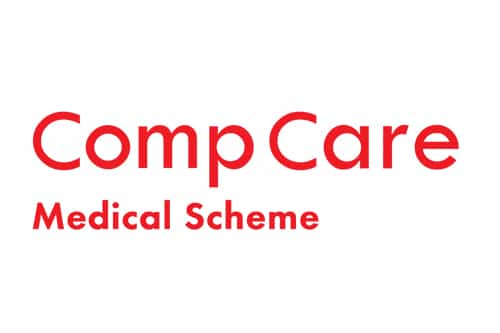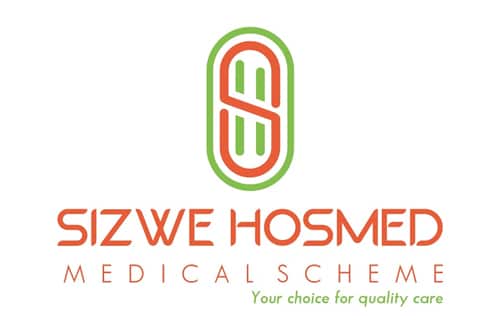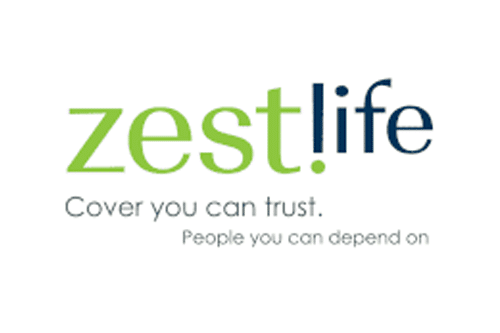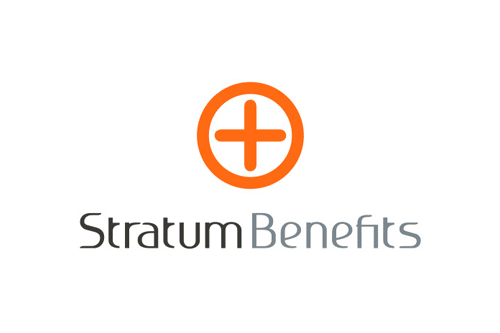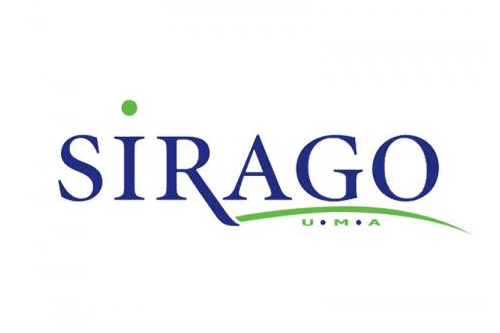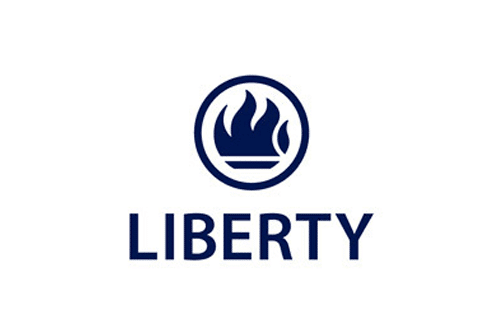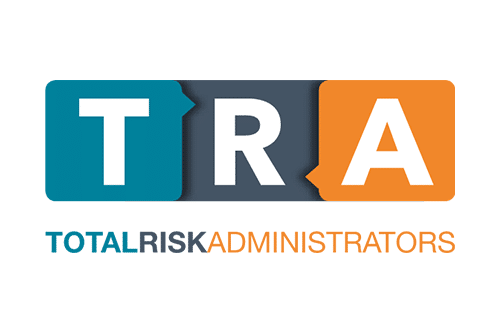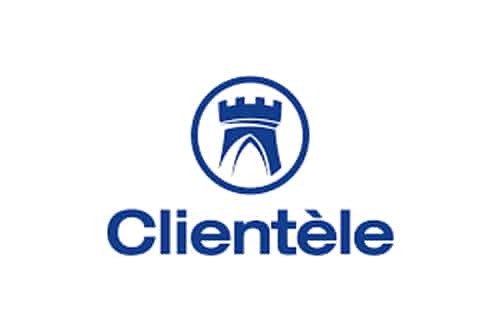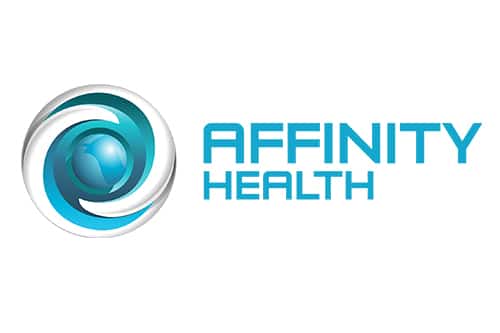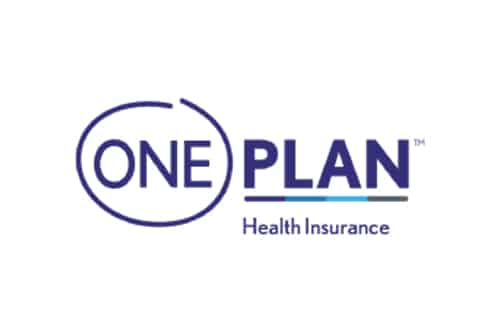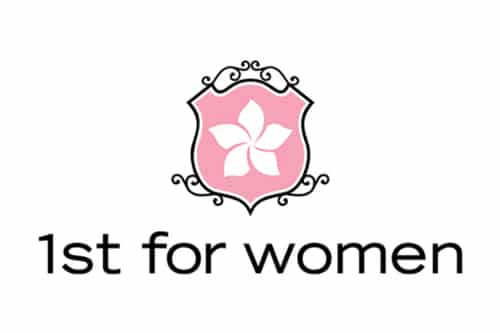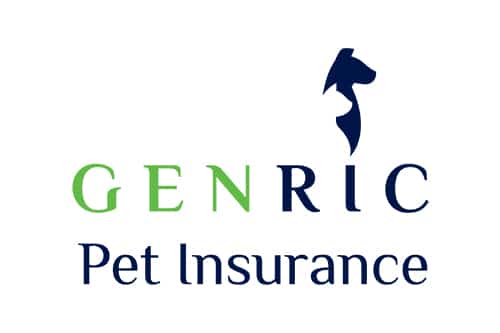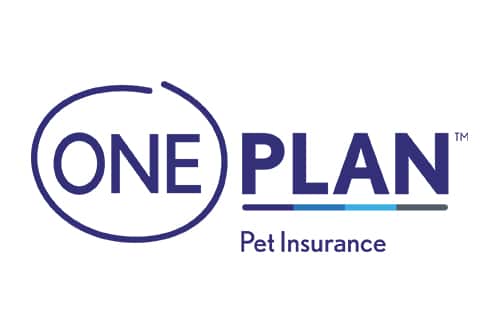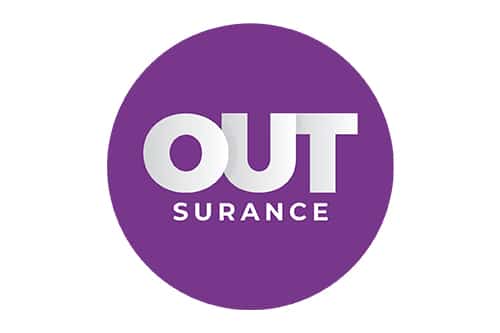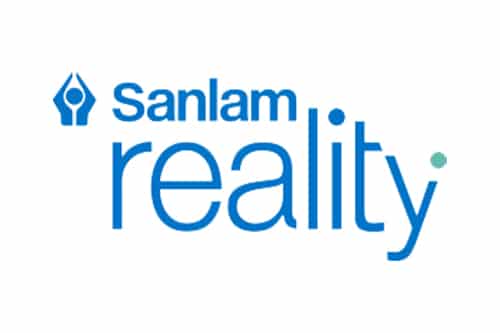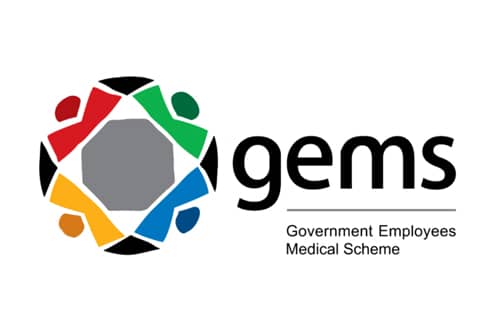Medical Aids Schemes that cover traditional medicine
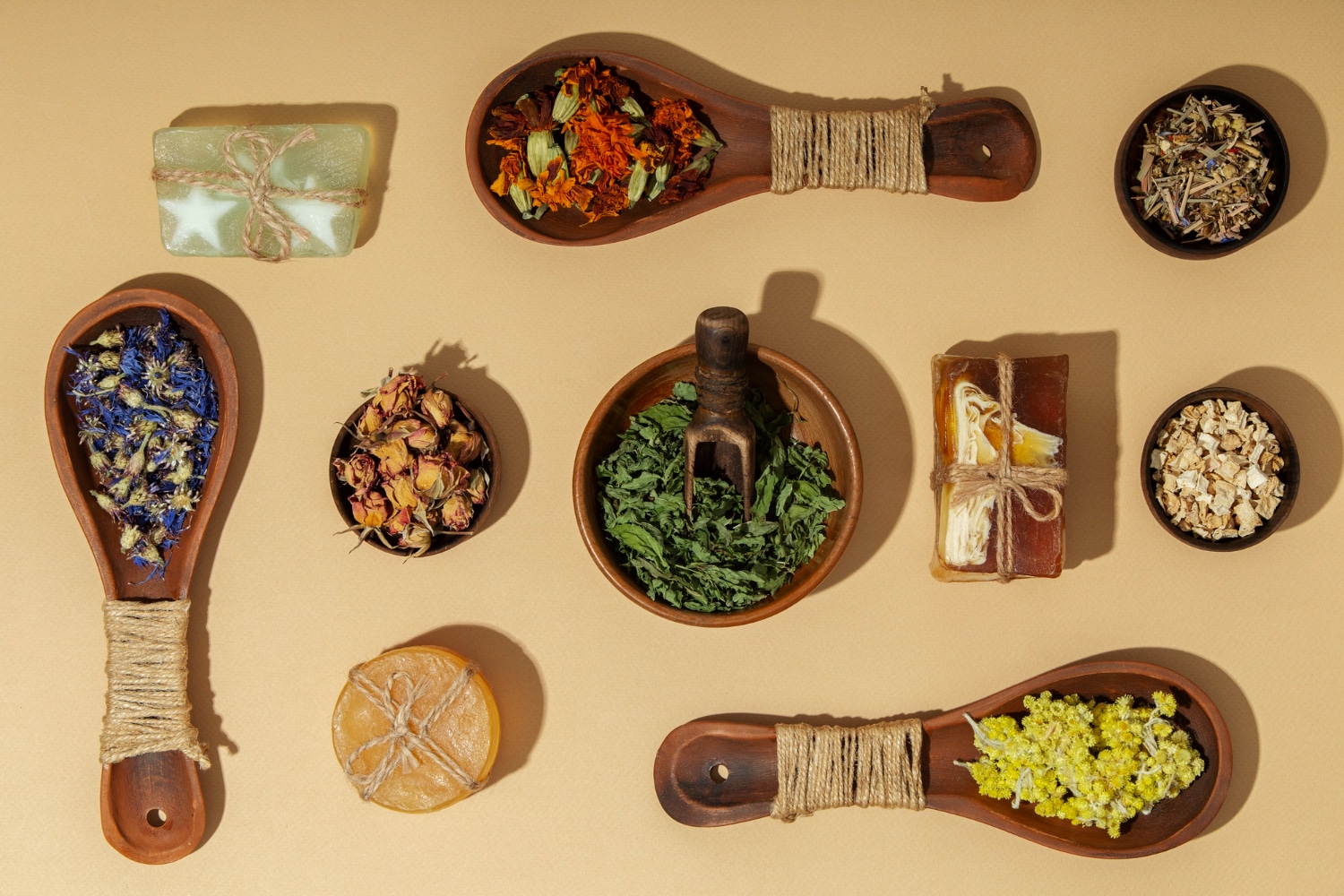
In South Africa, the landscape of traditional medicine coverage within medical aid schemes exhibits a notable variance. While comprehensive cover for all Homeopathic treatment remains absent across the board, specific schemes extend limited coverage for select services or practitioners. This nuanced scenario requires a closer examination to understand the spectrum of coverage and its implications.
Within this context, distinct medical aid schemes showcase varying degrees of incorporation of traditional medicine. For instance, Bonitas stands out by offering coverage encompassing consultations with traditional healers registered under the Allied Health Professions Council of South Africa (AHPCSA). However, this coverage applies primarily to certain conditions such as chronic pain, anxiety, and insomnia, delineating the specific scope of its benefits.
Discovery, another significant player, provides restricted coverage tailored to acupuncture and acupressure through its network of accredited traditional Chinese medicine practitioners. Meanwhile, the Government Employees Medical Scheme (GEMS) extends coverage that spans consultations with traditional healers for specified conditions, alongside encompassing certain traditional medicines within its provisions.
Conversely, numerous other major medical aid schemes, including Momentum, Medihelp, and Sizwe Medical Aid, currently lack any coverage for traditional medicine, marking a clear demarcation in the offerings available across various providers.
Several critical factors warrant consideration when navigating traditional medicine coverage within these schemes. Firstly, the extent of cover within schemes offering partial inclusion demands scrutiny. Despite some coverage, limitations may persist regarding the number of consultations or specific treatments eligible for benefits. Understanding these limitations aids in managing expectations and making informed decisions.
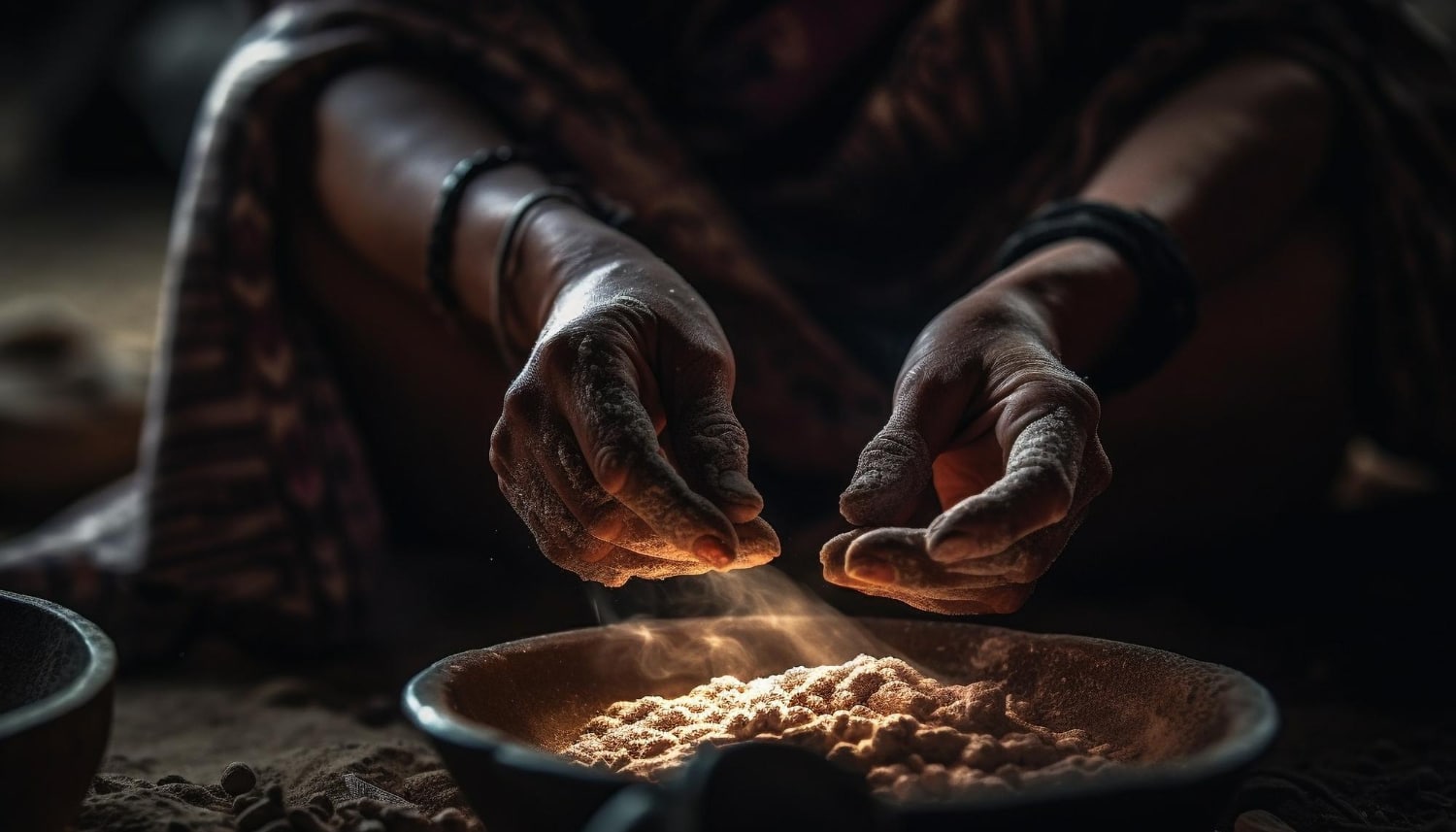
Furthermore, the financial aspect merits attention, as individuals may still bear responsibilities for co-payments or out-of-pocket expenses, even for services covered within the schemes. This financial dimension underscores the importance of comprehending the full scope of coverage and associated costs to avoid unforeseen financial implications.
Ensuring the qualifications of practitioners emerges as a pivotal aspect in engaging with traditional healers under these schemes. It is imperative to verify that the traditional healer sought is registered with AHPCSA. This verification process serves as a crucial safeguard, ensuring the quality and safety of the services received.
For individuals seeking additional guidance and information on traditional medicine, several resources stand available. The Council for Traditional Medicines and the Allied Health Professions Council of South Africa offer valuable insights and guidance on navigating traditional medicine practices within the country. Additionally, the Traditional Healers Organisation of South Africa provides a platform for information dissemination and community engagement in this realm.
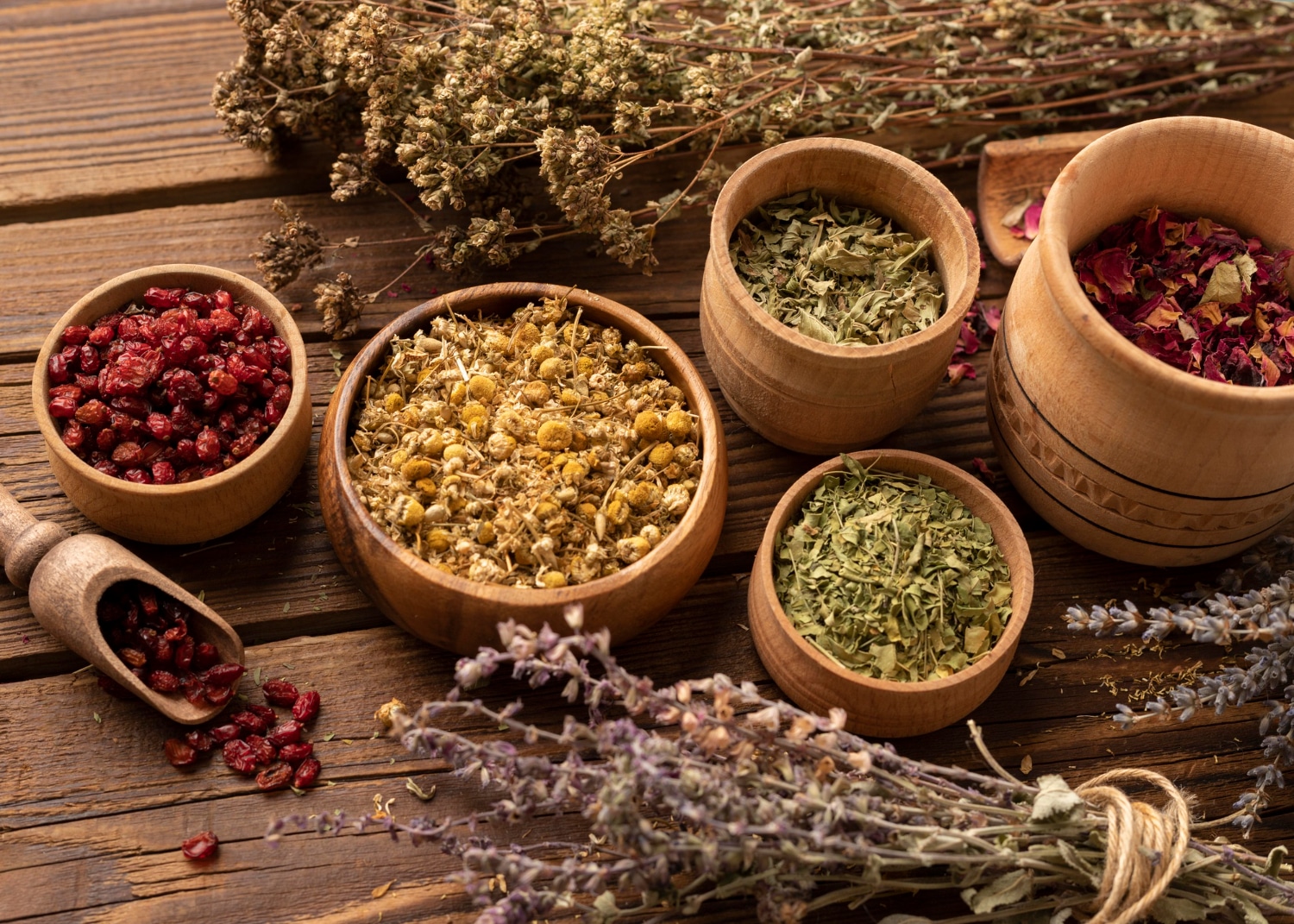
It’s really important to stress that while traditional medicine has its value, it shouldn’t take the place of conventional medical care, especially for serious medical issues. When it comes to significant health concerns, nothing beats consulting with a properly trained and qualified medical doctor.
The integration of traditional medicine within the broader healthcare landscape underscores the importance of a comprehensive approach that acknowledges and respects both conventional and traditional healing practices.
Navigating the intricacies of traditional medicine coverage within medical aid schemes necessitates a balanced understanding of the extent, limitations, financial implications, and practitioner qualifications. An informed approach enables individuals to leverage available resources while ensuring a holistic approach to healthcare that prioritizes both safety and efficacy.
What is a Traditional Healer in South Africa ?
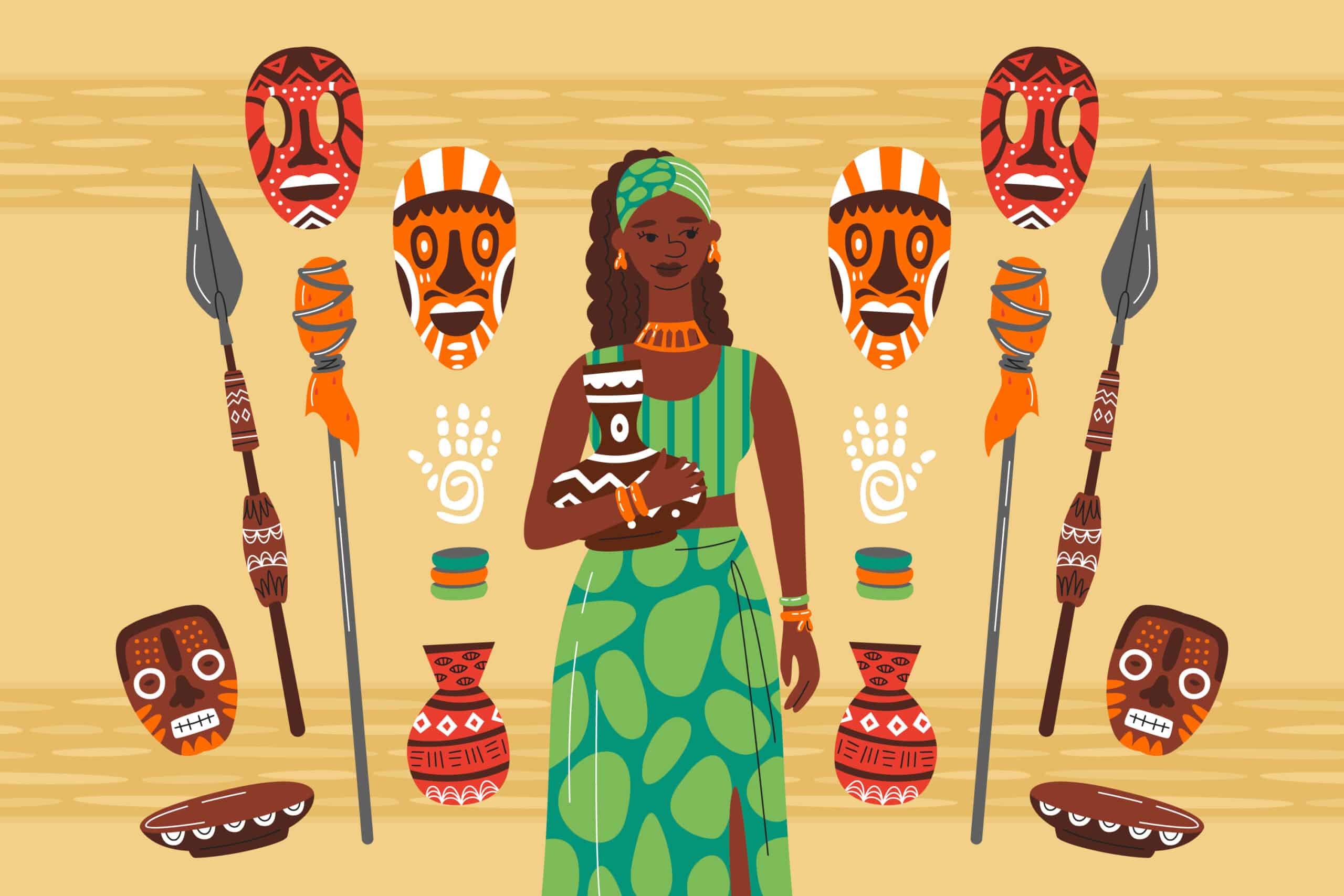
Traditional healers, recognized as sangomas and inyangas in South Africa, hold an integral position within various communities, presenting a distinctive approach to health and overall well-being. These practitioners amalgamate spiritual, psychological, and physical elements in their practices, encompassing the diagnosis and treatment of ailments, resolution of personal and societal challenges, and establishment of connections between individuals and their ancestors.
Diving deeper into their role and practices sheds light on the diverse facets of traditional healers:
Types of Traditional Healers:
- 🪘 Sangomas: Predominantly female, these individuals serve as spiritual healers and mediators, delving into the realm of the spirit world to diagnose illnesses, communicate with ancestors, and conduct rituals and ceremonies aimed at fostering healing.
- 🪘 Inyangas: Functioning primarily as herbalists or specialists in plant-based medicine, inyangas utilize indigenous plants and natural remedies to address physical ailments while seeking to harmonize the body’s energies.
Practices of Traditional Healers:
- 🫚 Divination: Employing diverse methods such as bones, beads, or trance states, these practitioners discern the underlying cause of illnesses or misfortunes, often attributing them to spiritual imbalances or ancestral intervention.
- 🫚 Herbal Remedies: Inyangas formulate medicinal concoctions from plants, leaves, roots, and other natural elements to tackle physical conditions, alleviate pain, and combat infections.
- 🫚 Rituals and Ceremonies: Engaging in ceremonies involving burning herbs, chants, and offerings, traditional healers conduct rituals to cleanse both the body and spirit, pacify ancestors, and facilitate healing.
- 🫚 Counseling and Guidance: Offering guidance and support for personal and societal issues, traditional healers draw upon cultural wisdom and understanding to provide counsel.
Significance of Traditional Healers:
- 🌱 Accessible Healthcare: Particularly in rural areas, traditional healers offer accessible and cost-effective healthcare options that resonate with cultural beliefs, addressing illnesses in a holistic manner.
- 🌱 Mental Health Support: Their focus on spiritual and emotional well-being serves as a complement to conventional treatments for mental health challenges.
- 🌱 Cultural Preservation: By upholding traditional knowledge and practices, these healers contribute to preserving cultural identity, fostering communal spiritual connections, and promoting cultural heritage within communities.
It’s imperative to note that while traditional healers provide invaluable services deeply rooted in community and cultural traditions, they should not be the sole providers of care for severe medical conditions. A collaborative approach that involves consulting qualified medical practitioners and combining conventional medical treatments with traditional practices can pave the way for comprehensive and effective healthcare solutions.
This balanced approach respects the strengths of both traditional and modern medical systems, recognizing the inherent value of traditional healing practices while ensuring access to evidence-based medical care for serious health concerns. Integrating these diverse approaches fosters a holistic healthcare model that acknowledges the significance of cultural beliefs and practices alongside scientific advancements in medicine.
